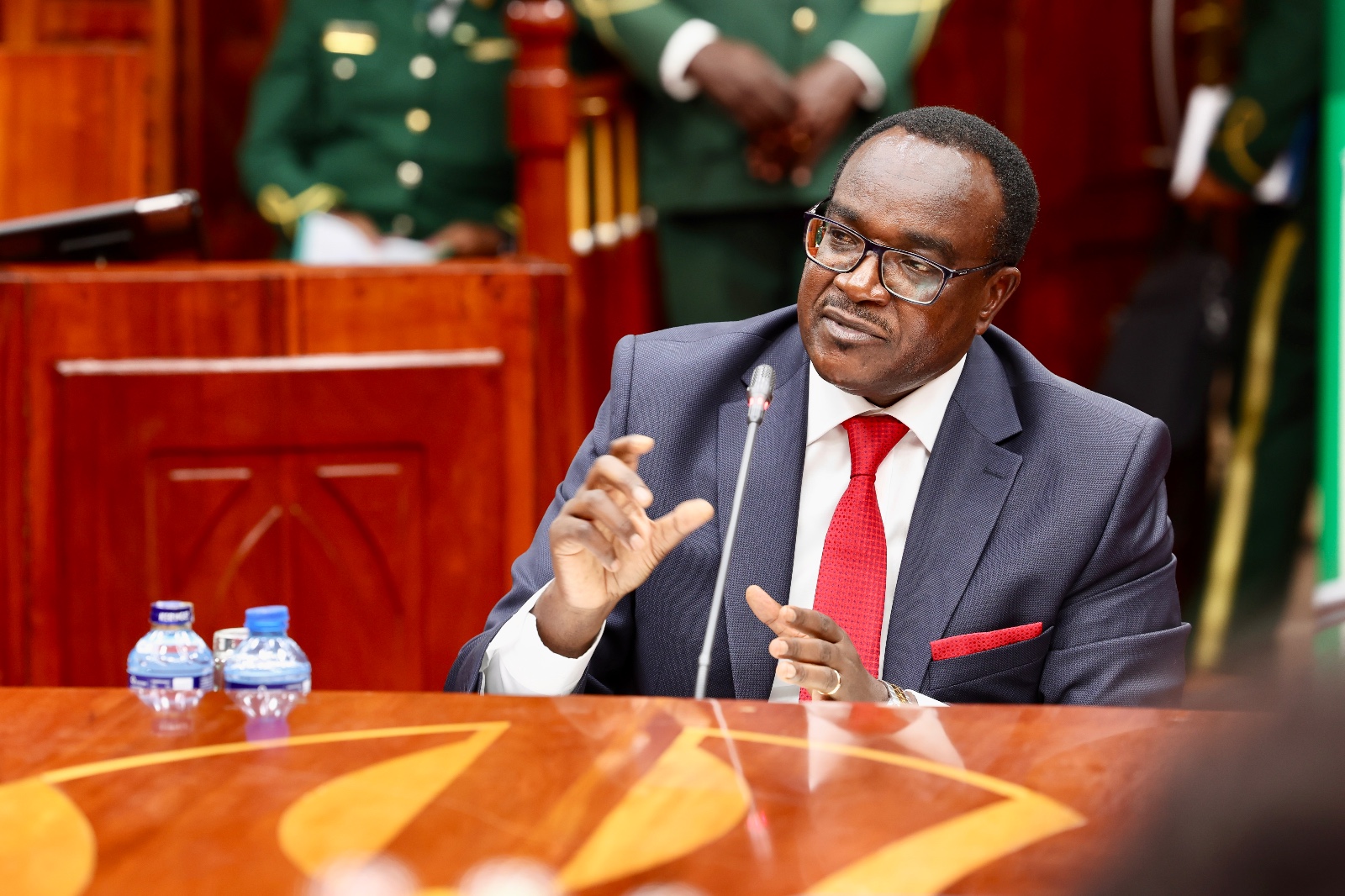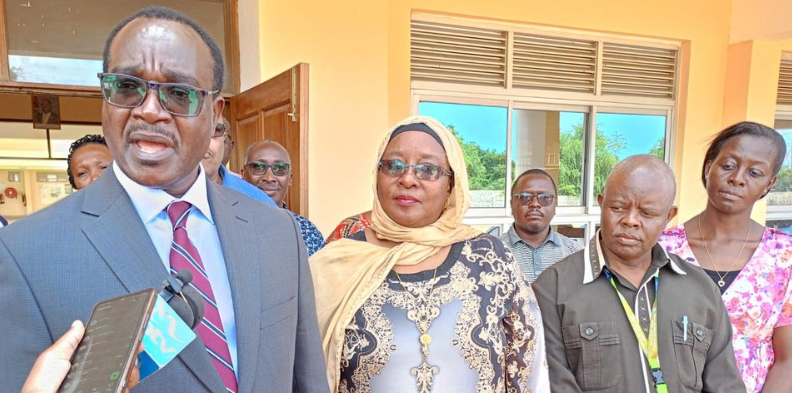Education Cabinet Secretary Julius Ogamba has criticized Kenyans for the ongoing issues surrounding university placements, stating that citizens are to blame for the current challenges.
He emphasized that the new higher education funding model is fair, effective, and not the cause of the current complaints. Instead, Ogamba pointed out that many applicants are attempting to manipulate the system by providing misleading information, such as falsely claiming privileged backgrounds, to elevate their chances.

Education CS Julius Ogamba and his predecessor Ezekiel Machogu. Photo: Peaople Daily Source: X
Despite the CS’s remarks, many Kenyans have criticized the new government university funding model in Kenya, arguing that it is flawed and has led to widespread discontent among students and parents alike. They contend that the model itself is the root cause of the current woes in university placements.
In response, the government is urging university students applying for loans and scholarships under the new higher education funding model to be honest and transparent.
CS Ogamba revealed that since the opening of the Higher Education Portal for this application cycle, 134,029 applications have been received. Of these, 127,591 applications have already been categorized into various bands based on their financial needs.
Ogamba noted that 12,958 applicants have lodged appeals for re-categorization, and the processing of these appeals is underway, expected to be completed within three weeks.
Applicants are categorized into five bands, with the most disadvantaged receiving up to 95% government support, while those in the highest band receive 60%.

Education CS Julius Ogamba. Photo: Standard Digital. Source: Facebook
The Ministry of Education uses the Means Testing Instrument (MTI) to assess applicants’ financial needs. The effectiveness of the new government university funding model in Kenya depends on the accuracy of the self-reported information provided by students, which has led to concerns about data integrity.
To address these concerns, the ministry is working with the National Government Administration Office to verify the information submitted by applicants.
This collaborative effort aims to ensure transparency and fairness in the funding process. Ogamba urged all applicants to act with integrity, warning that dishonest practices could lead to misclassification and unjust funding distribution.
Meanwhile, the ministry has disbursed Sh5.2 billion to the Higher Education Loans Board for tuition and upkeep loans, with an additional Sh2.8 billion released to the Universities Fund for scholarships.
The disbursement process is set to be completed by August 30, 2024, ensuring that funds reach the respective university and student accounts, further supporting the new higher education funding model.



